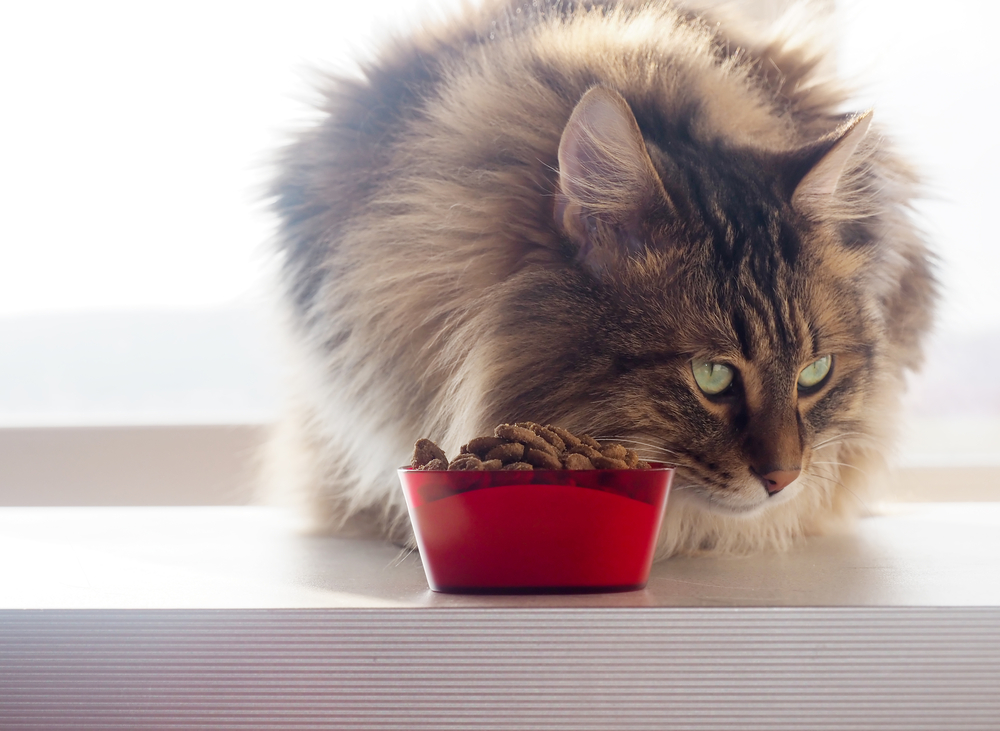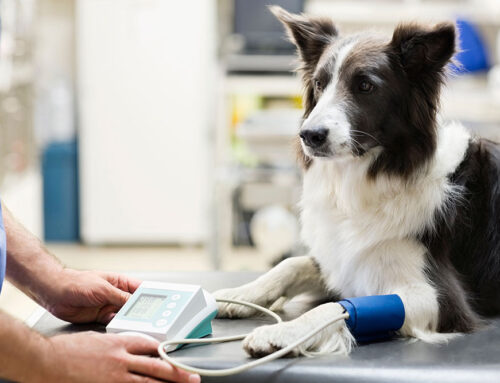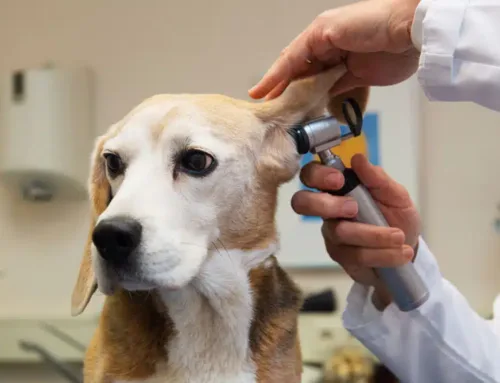The major downfall of cats and dogs is their reduced lifespan compared with their human family members. All too soon, your pet’s body begins to fail them as they age but, with preventive actions and supportive care, you can help your four-legged friend remain comfortable and healthy well into their golden years.
To ensure your senior pet lives their best life later in life, our Fairfax Veterinary Clinic team shares ways to support them as they age.
Health concern: Your senior pet’s eyesight is failing
Supportive measures: Older pets often have poorer eyesight that can be caused by normal aging changes, cataracts, glaucoma, or a host of other ocular issues. If you believe your pet’s eyesight is failing because of a medical condition, you can use several methods to help keep them safe and make life easier.
- Clear the path — Remove potential hazards they may not see from their path and block access to other dangers. For example, put baby gates across stairways, a screen in front of the fireplace, and power cords behind furniture or under covers so your pet does not get ensnared or trip.
- Switch the senses — Focus on guiding your pet’s other senses, like hearing and smell. Use scent markers and verbal cues to guide your pet around your home, such as scented stickers to mark a trail to the door and a tinkling water fountain to identify food and water bowls.
- Let them have light — Support your pet’s eyesight by providing more light at night.
Health concern: Your senior pet’s hearing is failing
Supportive measures: Senior pets who lose a sense (e.g., their vision or hearing) often become anxious and nervous, and ensuring they can see or hear you approaching and are about to handle them is key. Avoid waking a deaf pet abruptly, if possible, because they may startle and snap. Vibrations in the floor or a strong-smelling treat in front of their nose may encourage them to wake up slowly, and not be afraid.
When you walk your deaf dog, control them with a leash and manual cues that you teach them. Do not leave your dog alone outside without ensuring your yard is secure, as you will not be able to call them back once they can no longer see you.
Health concern: Your senior pet has arthritis
Supportive measures: Arthritis is a common condition in senior pets that can greatly impact their quality of life, because pain, decreased mobility, and the inability to perform normal activities takes a substantial mental and physical toll on their wellbeing. Although arthritis is progressive, you can help preserve your furry pal’s joint function through environmental modification methods such as:
- Installing ramps or staircases to provide furniture access
- Laying down traction aids (e.g., yoga mats, carpet runners) on slick floors
- Providing a firm orthopedic bed
- Elevating food and water bowls
- Placing all resources on the main floor
Health concern: Your senior pet has cognitive dysfunction syndrome
Supportive measures: As your pet grows older, not only does their body begin to fail, but also their mind. Cognitive dysfunction syndrome (CDS) causes changes often attributed to the normal aging process, but which could be triggered by declining mental acuity. To aid your pet with CDS:
- Maintain a set schedule and make no major changes in your environment, household, and routine.
- Give your senior pet a safe space where they can rest undisturbed by other pets or children.
- Ensure all resources are easily accessible.
- Increase daytime activity and mental stimulation.
- Reduce night time disturbances, which will support cognitive function, minimize anxiety, and prevent nocturnal waking and vocalization.
Health concern: Your senior pet is not eating or drinking

Supportive measures: Oftentimes, a decreased appetite and thirst are caused by medical issues, such as dental disease, kidney disease, or conditions that cause pain or nausea. Illness management is key to ensure your pet eats and drinks, but you can also help by:
- Adding water to dry food
- Warming up canned food
- Elevating food and water dishes
- Adding a highly palatable ingredient (e.g., cheese, yogurt, cottage, canned baby food) to their regular food
- Feeding smaller, more frequent meals
- Refreshing water frequently
- Adding a pet drinking fountain
- Encouraging and praising your pet for interest in food and water
Occasionally, a pet will need a feeding tube placed or subcutaneous fluids administered, which will ensure they receive proper nutrition and remain hydrated in the short-term, but is not sustainable long-term.
Your pet’s advancing age may be inevitable, but their golden years should be seen as the culmination of a well-lived, well-loved life when they deserve as much support as they need. Schedule preventive care visits with our Fairfax Veterinary Clinic team to help you provide that love and support.








Leave A Comment